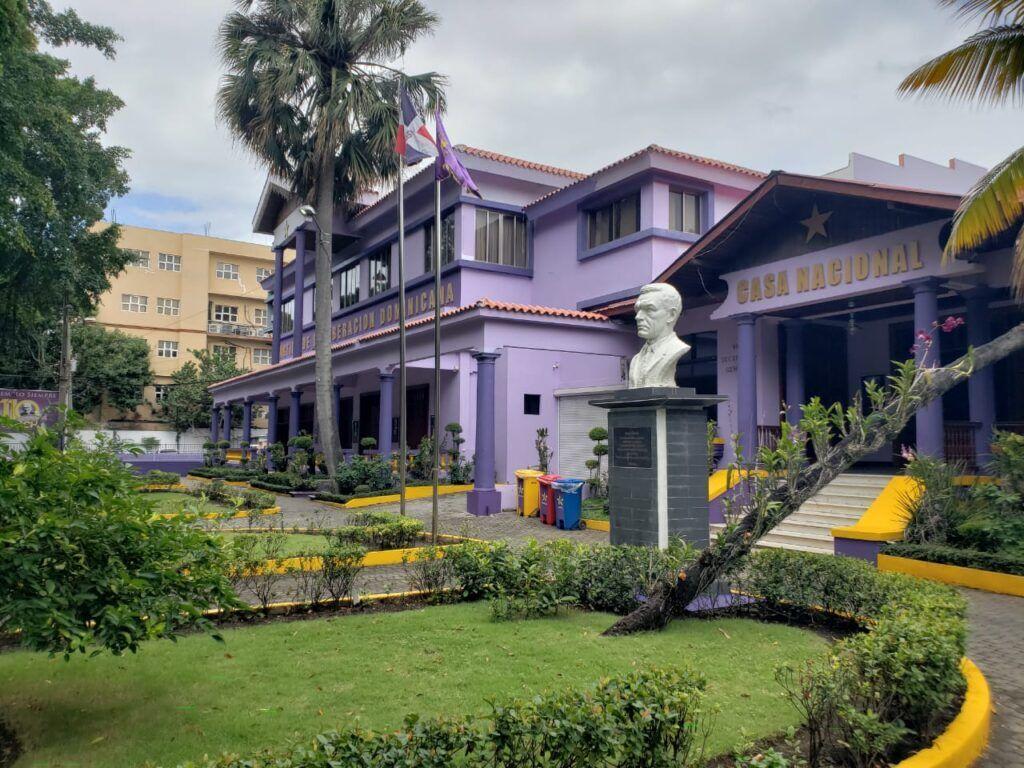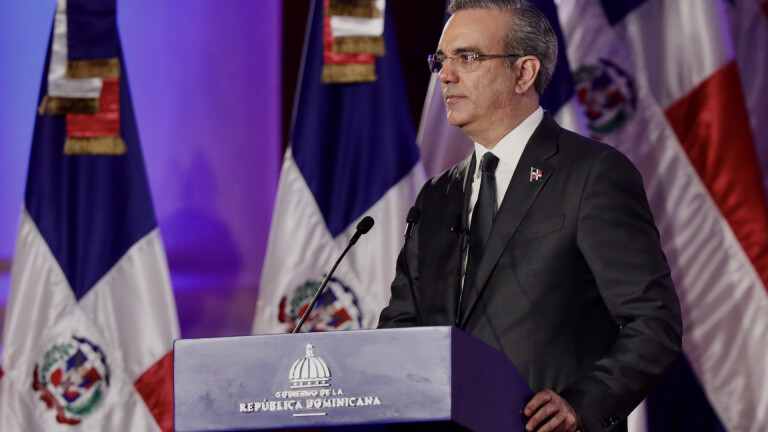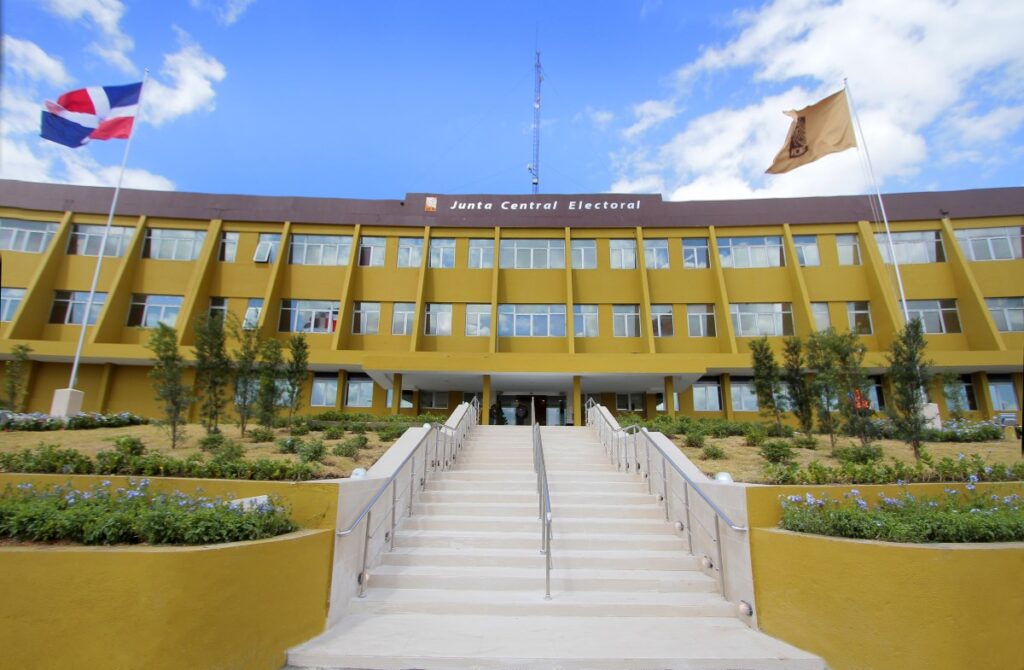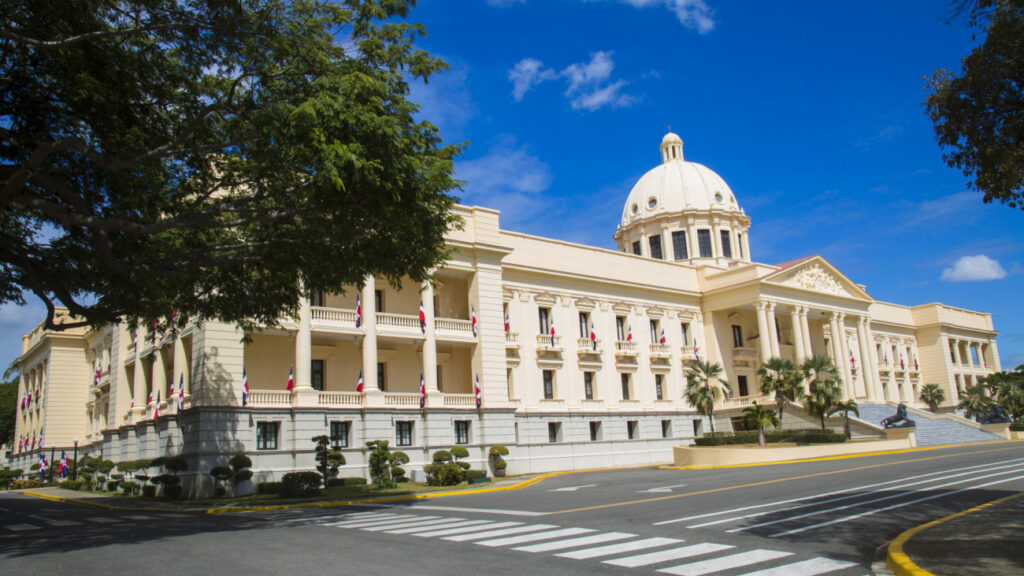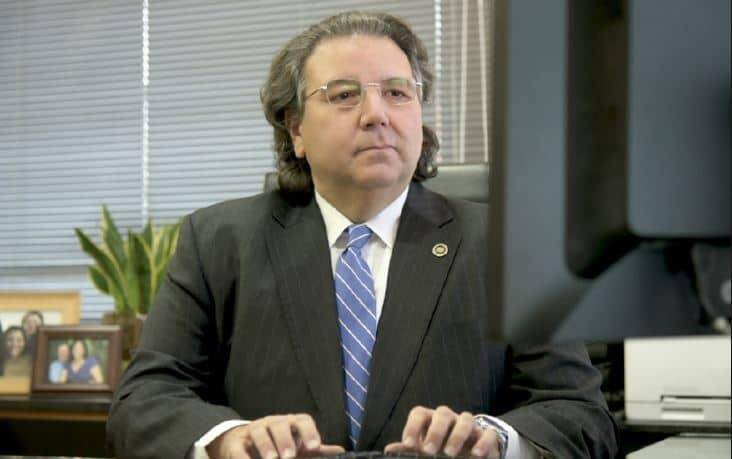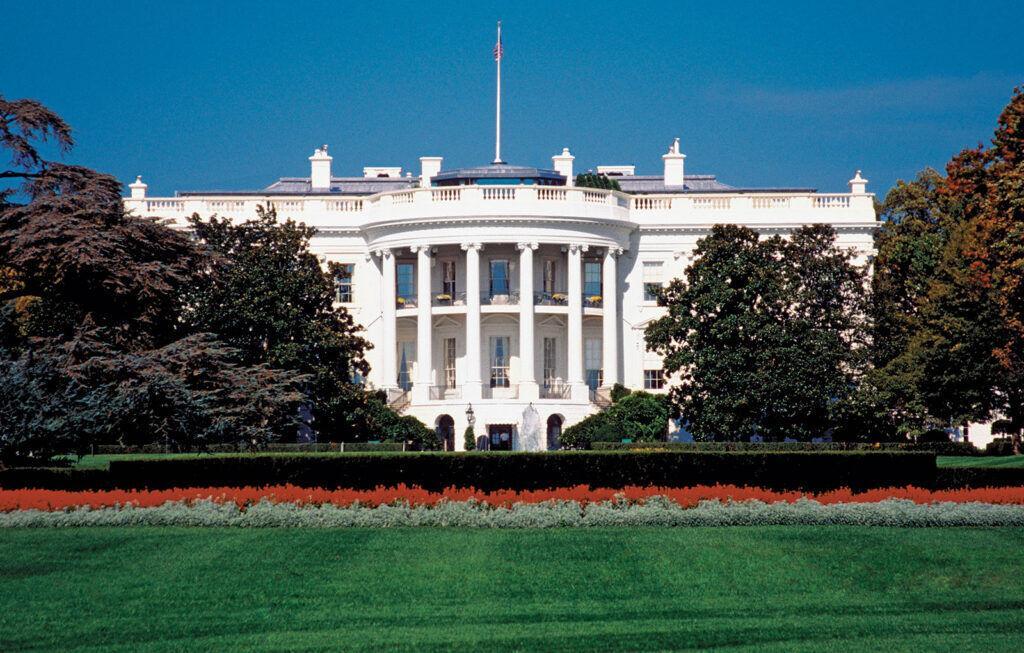Dominican Republic opens the Ibero-American Summit
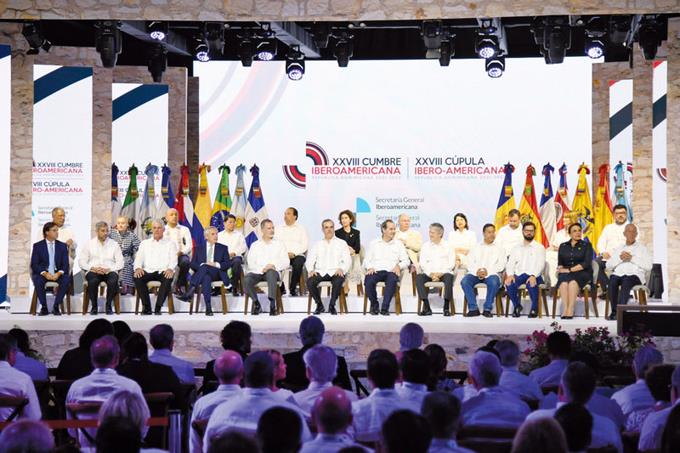
President Luis Abinader opened the XXVIII Ibero-American Summit of Heads of State, along 10 leaders and the King of Spain, Felipe VI.
Among the leaders present at the inauguration were: Guillermo Alberto Lasso, from Ecuador; Mario Abdo Benítez, from Paraguay; the Governor of Puerto Rico, Pedro Pierluisi; Alberto Fernández, from Argentina; Miguel Díaz-Canel, from Cuba; the King of Spain, Felipe VI; from Portugal Marcelo Rebelo de Sousa; from Uruguay Luis Lacalle; from Chile, Gabriel Boric; Xiomara Castro from Honduras; the Prime Minister of Saint Vincent and the Grenadine, Ralph Gonzalves.
Last night the arrival of the President of Spain, Pedro Sánchez, was expected; from Argentina, Alberto Fernandez; from Colombia, Gustavo Petro.
President Abinader arrived at the Ozama Fortress at 6:42 am, accompanied by the first lady, Raquel Arbaje. A few minutes later, the Vice President of the Republic, Raquel Peña, and the Administrative Minister of the Presidency, José Ignacio Paliza, arrived.
At 7:52 pm, the reception ended, and immediately, the President and the first lady went to the tent where the inauguration of the Summit began.
The event began at 8:23 am, with the intervention of the President of the General Secretariat of Ibero-America, Andrés Allamand, who affirmed that this would be “a summit focused on people,” which he said implies “orienting the activity associated with this meeting towards obtaining concrete results that have a positive impact on the quality of life of Ibero-Americans.”
Allamand indicated that the Ibero-American community has a close cooperation platform and institutional framework, which are powerful instruments to strengthen bi-regional relations.
Abinader stated that for democracy, it is essential to maintain the fundamental commitment to the defense of freedom, the collective welfare, and a public action free of sectarianism.
He indicated that just as Ibero-America is united by the history and exploits of its nations, they also share common challenges that require collective responses.
“The first (of the challenges) is the one faced by democracy and freedom, affected by an overwhelming polarization of the political debate and growing dissatisfaction with the quality of democratic governance, a scenario in which extremist discourses and the threatening shadow flourish of authoritarianism,” said Abinader.
He stressed that the commitment to people and growth forces us to go beyond the limits of rhetoric with actions that progressively and tangibly improve citizens’ quality of life.
Likewise, he explained that effective public policies and strengthening institutions have a cost that is becoming more and more difficult to assume.

